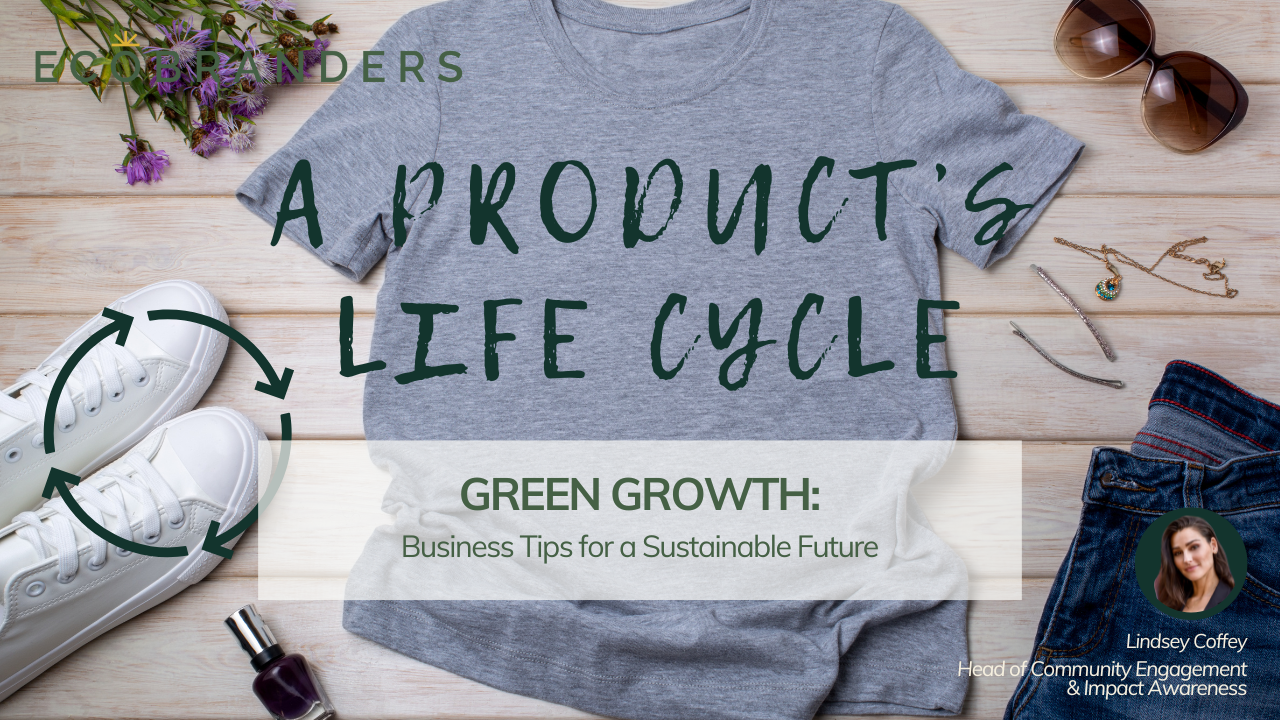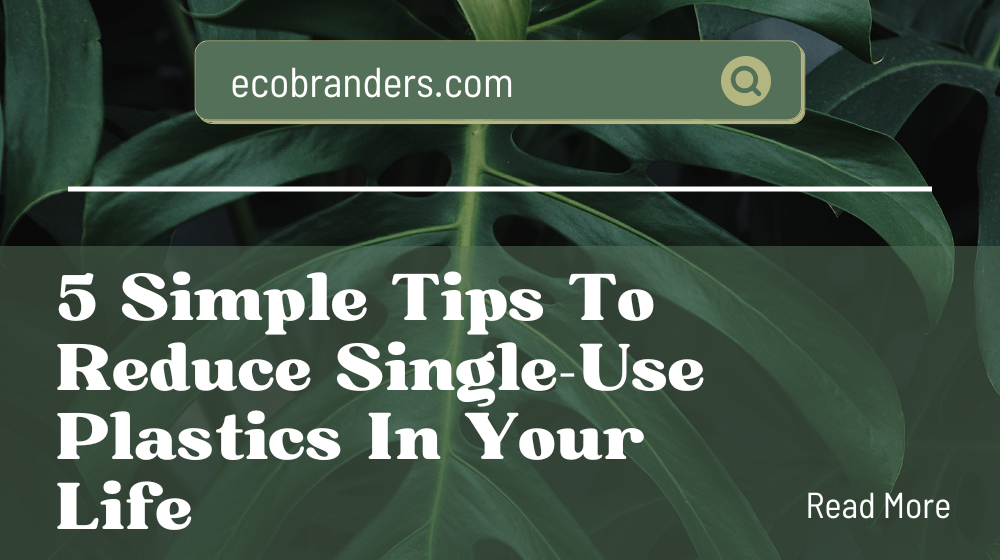[video below]
Considering the entire life cycle of a product, including manufacturing, longevity of the product, and disposal, helps address environmental impact, resource efficiency, and sustainability. Understanding a product's overall environmental footprint allows us to minimize negative effects at every stage and make more informed choices in design and consumption, promoting a circular economy.
The average product is NOT made from eco-conscious materials. During manufacturing, this product contributes to air and water pollution, soil contamination, and it depletes us of our natural resources. Harmful chemicals released during production contribute to environmental degradation, impacting ecosystems, wildlife, and human health.
The negative impact does not stop after leaving the factory.
Think about all of the items you accumulate. Whether their promotional products, fast fashion pieces, or office supplies, the average lifespan of most “stuff” is short. If the product is poorly made and doesn’t have a desirable design appeal, it will quickly end up in the landfill amongst billions of tons of waste, not breaking down - just sitting.
When developing an earth-friendly product made from either organic, biodegradable, up-cycled, or recyclable materials, the environmental impact during manufacturing is significantly reduced - even when using conventional manufacturing practices.
Additionally, mindful products tend to be better quality, increasing their durability to prevent the need for replacement. If you still don’t appreciate the design enough to hold onto it long-term, many plant-based products will not stay in the landfill forever.
They will biodegrade back into the soil, reducing their impact on the planet - if leaving one at all.
*video features Lindsey Coffey, Head of Community Engagment & Impact Awareness at EcoBranders










